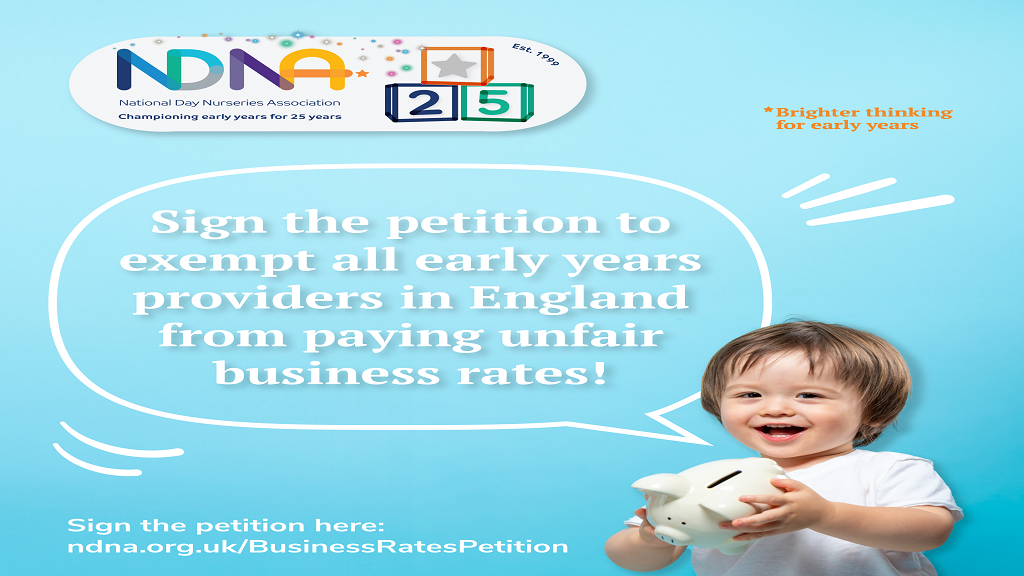Fawcett Society’s recent report highlights the critical need to transform the early years sector as the UK falters behind other…
Local authorities fear for the future of the childcare sector
Local authorities report the wide and varied support they have provided the childcare sector and families in a new report published today, but they are still concerned about the future of the sector, including around a shortage of childcare places for older children.
Co-authored by Frontier Economics and Coram Family and Childcare, and funded by the Nuffield Foundation, this new research draws upon interviews with 122 Local Authority Early Leads to reveal how local support has been wide-ranging and has taken multiple different forms. However, the report also shows that there have been notable local variations. For example, some local authorities reported offering considerable additional financial assistance, while several areas reported no additional spending.
One positive finding is the absence of any widespread view among local authorities that the sector is on the brink of financial disaster. Most areas have not seen, and do not immediately anticipate, widespread closures that would lead to shortages of childcare – but many felt it was too early to tell what the full impact for the sector would be once financial supports winds up. Greater concerns were expressed for school-age childcare, including breakfast and after school clubs, where local authorities had seen large drops in places and worried about future shortages. School age childcare is used by twice as many children as pre-school childcare and is essential for many working parents.
All local authorities surveyed reported providing support to childcare settings on health and safety issues, including advice and assistance and access to PPE. Almost all local authorities involved in the study said they had supported parents around childcare use through guidance, advice and helping families to find childcare places.
Local authorities were mostly unable to say whether the quality of childcare had been significantly affected by the pandemic, partly because they were not making their usual visits to settings. Addressing this information gap on how the pandemic has impacted on quality is essential as research has proven that it is only high-quality childcare that helps to boost children’s outcomes and narrow the gap between disadvantaged children and their peers.
Gillian Paull, senior analyst at Frontier Economics, said:
“The pandemic has shown how nimble and flexible local authorities can be in the ways they support local childcare provision and the role they play in ensuring families can access the care they need. But the variation in the level of this support across the country suggests that some areas benefit from stronger local political support and greater resources for supporting childcare and early years.”
Megan Jarvie, head of Coram Family and Childcare, said: “Local authorities play a crucial role in supporting families and childcare providers so that families can find the childcare they need to support children’s development and help parents to work. These findings show the great potential local authorities hold to support the childcare market through the current threats when they have the right support and funding.”
Eleanor Ireland, education programme head at the Nuffield Foundation said:
“Local authorities have played a vital role in supporting childcare providers to deliver early education and care to pre-school children and enabling parents to work during the pandemic. However, many local authorities have concerns about possible shortages of care for school age children and this will need to be monitored in the coming months to prevent difficulties for working parents.”
Latest News
An official petition calling on the government to exempt all early years settings in England from paying unfair business rates…
Smarty Pants Abbey Lane nursery, in collaboration with award winning author Ben Kingston-Hughes, is hosting an event sharing key advice…




